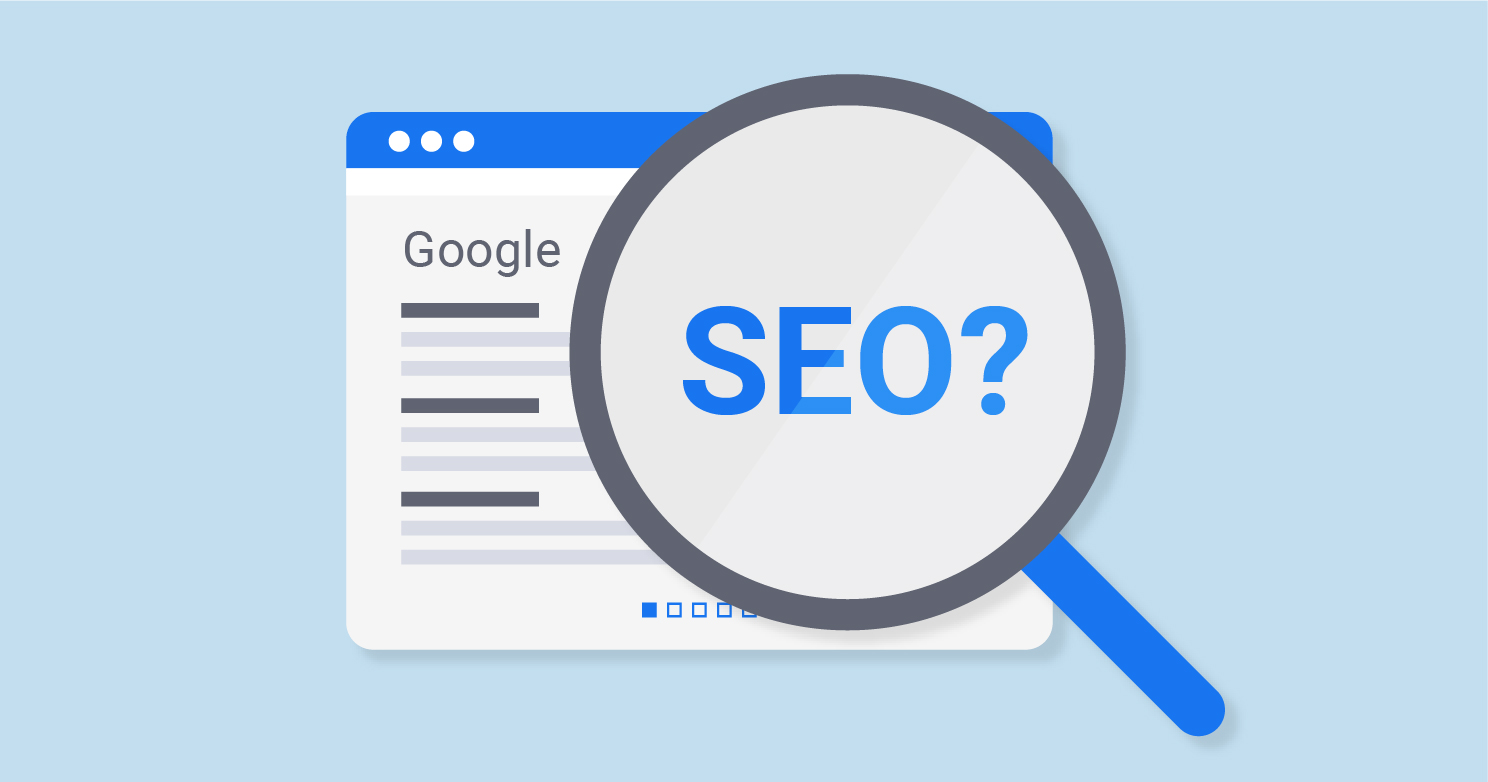Pros & Cons of Search engine marketing
Search engine marketing is all about getting your website to appear at the top of the results when someone searches for your brand, your products and services and other relevant words and phrases. Think Google (let’s face it, that’s the main one) but also Bing (often installed on business computers, so good for B2B!). It includes both organic or natural search (search engine optimization, or SEO) and paid search (pay per click, or PPC) and both desktop computers and mobiles (as well as smart home assistants these days—see number 10—audio marketing).
SEO
Search engine optimization does what it says on the tin: optimizing for search engines! This means creating content that people are actively searching for as well as making sure that this content, and the platforms where it’s sitting, is optimized from a technical point of view as well. Everyone should be doing this, no matter what business or industry you’re in.
The pros
- It’s free!
- When your brand appears in the organic search results, it comes across as being more ‘authentic’ and objective in the eyes of your customers
The cons
- You may not have to pay specifically for the search results, but it does take time and effort to create amazing content and do the technical optimization of your website
- You’re at the mercy of Google’s changing algorithms and with all the content that’s out there now it’s very hard to rank highly in the organic results
The next steps
SEO starts with content, so get that content strategy in place first (see point 1). Do some keyword research to find out what people are searching for and try to stay on top of the latest updates from the likes of Google. If you’re just starting out, you can use a plug-in to help you optimize your site or, if you’ve got a bigger budget, you can work with an expert to do a more comprehensive job.
PPC
Pay per click is paid search advertising, for instance, Google Adwords or Bing Ads. It looks almost the same as the natural search results, except that it appears at the top of the page with a little box that says ‘Ad’. You can buy a top-ranking position via an auction based on keywords, geographical location and demographics—it’s especially useful for e-commerce and for local businesses.
The pros
- PPC can quickly buy you a top ranking if you’re willing to pay for it
- You only pay when someone clicks (hence the name!)
The cons
- It can get expensive, especially when you’re targeting popular keywords
- A lot of customers are skeptical of paid ads and are more likely to trust the natural search results
The next steps
If you have the money for it, you can use PPC to complement, and boost, the work you’re doing to optimize for natural search. Again, you’ll need to do keyword research and then play around with different combinations of targeting and ad copy to see what works, making sure you track and optimize as you go. PPC can get quite complicated so if possible, you’ll want to work with an agency.


